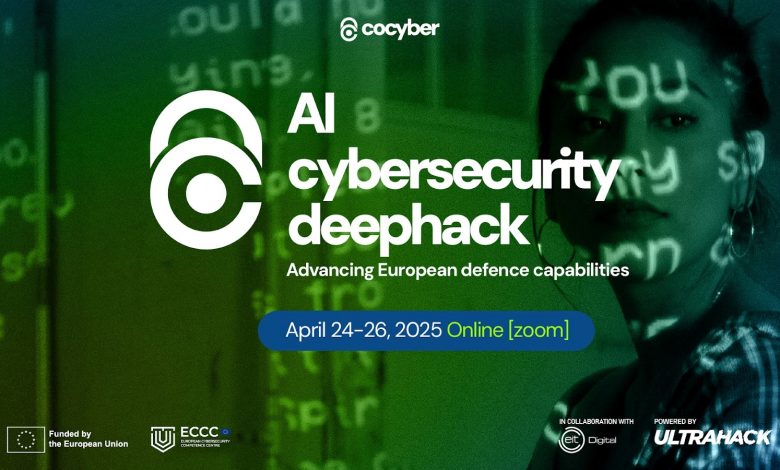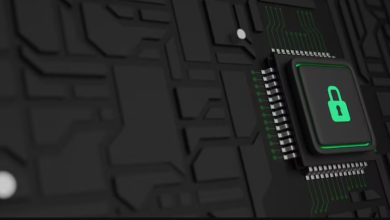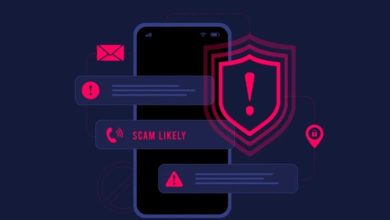COcyber launches AI Cybersecurity Deephack to Tackle Phishing Threats Across Civilian and Defence Sectors
CoCyber launches AI-driven DeepHack initiative to strengthen defences against phishing in both civilian and defence sectors, fostering cross-sector collaboration in Australia’s cybersecurity landscape.

Phishing attacks are on the rise, targeting both civil society and defence sectors across Europe. To confront this challenge, COcyber is launching the AI Cybersecurity Deephack: Advancing European Defence Capabilities, an online event taking place from 24 to 26 April 2025. The deephack brings together startups, SMEs, corporates, public-sector tech teams, cybersecurity professionals, and university students to develop AI-powered solutions that detect and prevent phishing attacks in real time, strengthening Europe’s dual-use cybersecurity capabilities.
Participants can work with NLP, anomaly detection, and threat intelligence to design AI systems that stop phishing attacks before they strike. Solutions should be designed for deployment across both secure defence environments and civilian networks, considering real-scenario challenges such as AI bias, latency and real-time decision making, potential dual-use risks, data sensitivity and resilience to adversarial AI.
The programme includes daily checkpoints, mentoring sessions, pitching training, and final presentations evaluated by an expert jury. Winning teams will receive visibility across the COcyber ecosystem, tailored mentorship, and access to support programmes such as the EIT Digital Speed Master course and fast-track acceleration opportunities.
Key dates
- Deadline to apply: 13 April 2025
- Online onboarding: 22 April 2025
- Deephack: 24–26 April 2025
In the words of Alessandra Zini from the COcyber project lead, EIT Digital: “Europe’s capacity to effectively and swiftly respond to ever-evolving external threats must leverage the power of research and innovation for dual-use cybersecurity applications. With this deephack, we’re scouting forward-looking minds – startups, students, researchers – capable of building adaptable solutions that strengthen both civilian and defence resilience, and contribute to the EU’s strategic security autonomy – which is currently a major focus of funding.”




